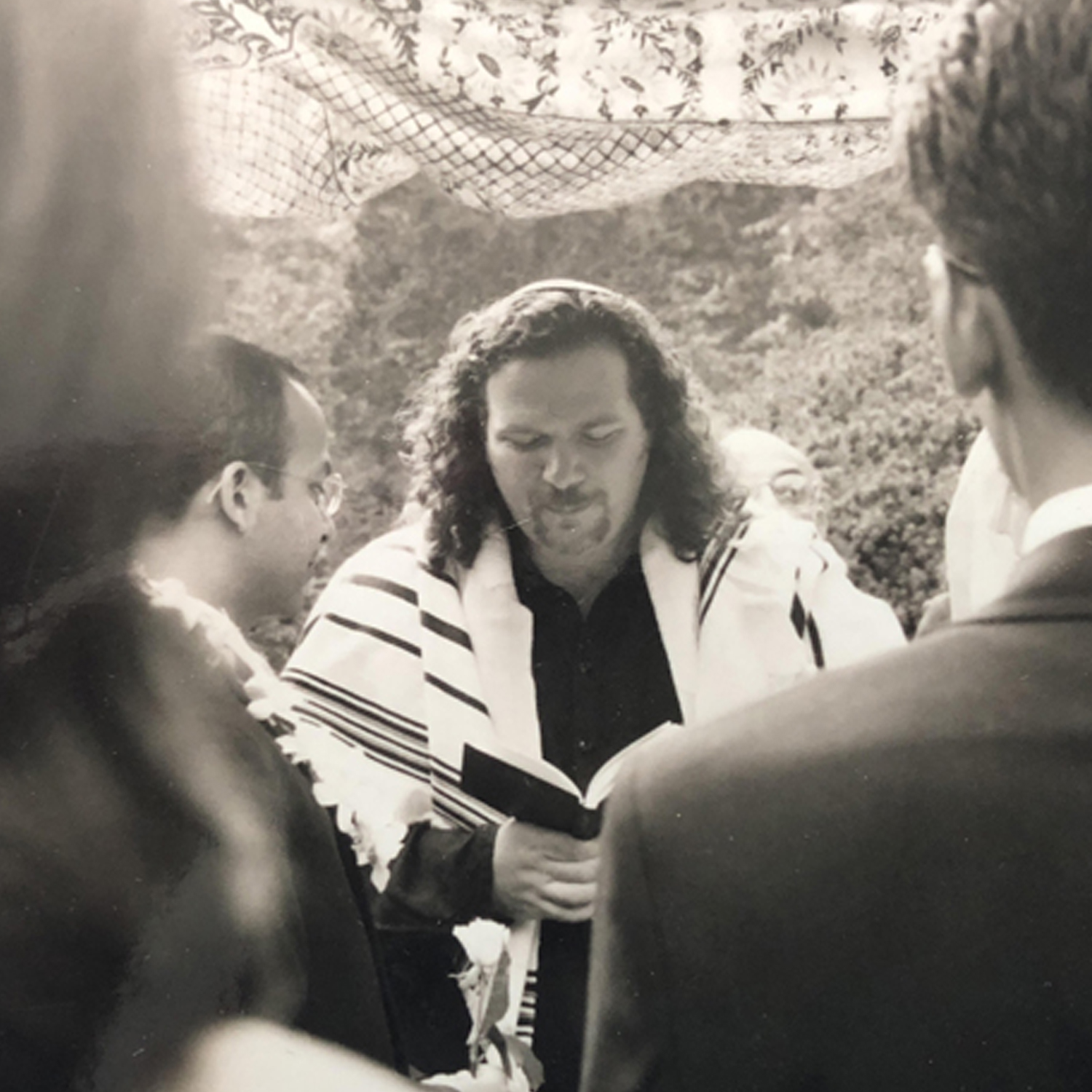Judaism has created a three-pointed foundation for the teaching of values.
According to the Talmud (the fourth-century rabbinic legal code), parents are required to teach their children Torah (the five books of Moses), a trade, and to swim. While most Jewish families and Jewish-interfaith families in this country are not Talmud-based families, the teachings make sense for us today.
“Torah” is more than a series of biblical books, it refers to the whole of moral and ethical learning available to parents as presented in Jewish text, history, and community. Teaching Torah is about teaching right behavior. It includes self care, the care of others, care of the planet, care of our historical stories and struggles, and care of future generations. Torah is about accessing ancient wisdom and engaging it in a modern dialogue to ferret out the deepest and most relevant learning for today. Torah is an exercise in values clarification, using our ancestor’s questions to help frame today’s answers. And Torah is always changing and growing as we change and grow. An answer for today will not necessarily fit tomorrow, however the questions remain the same. “Who am I?” “What am I here for?” “What is my role in the face of suffering and oppression?” (The list is infinite.)
Teaching a trade can be by direct example or may be about supporting education in the child’s field of interest. And, teaching a trade is a reminder to parents that children need direction and support in practical matters while giving them room to grow and think and act for themselves.
Learning a “trade” is about practical living. Teaching a trade is about preparing our children to be productive and to have enough to be able to make space in their lives for their own Torah learning. Teaching a trade can be by direct example or may be about supporting education in the child’s field of interest. And, teaching a trade is a reminder to parents that children need direction and support in practical matters while giving them room to grow and think and act for themselves.
“Learning how to swim” is about basic life skills. It is parents’ obligation to teach their children how to recognize danger and how to avoid or overcome it. This may include conversations about not putting your hand on the stove, and continues with how to have a successful and respectful argument. “Learning to swim” is teaching about vision and limits and risk taking. It also includes lessons on knowing where the shore is and how to return to a place of safety in order to venture out again on another day.
Judaism is not a religion of dogma. However, we do have some basic values that underlie the ethical choices we make and teach in any given situation. We are called to be stewards of the land, animals, air, and water. We must recognize that every human being is created in the image of the Divine, as stated in the book of Genesis. Therefore, we are called to treat ourselves and each other with the utmost respect. And, the Jewish story of our journey from slavery to freedom, the Exodus story, is a daily reminder that our own suffering is a cause for supporting others who suffer, and not to incite retaliation. While we are unable to act our best some of the time, these are our Jewish values.
When we extend ourselves into family and close friendship relationships, other Jewish values come to mind. Shalom Bayit (peace in the house) is the understanding that with the members of my household I seek to be a peace maker. I am also responsible to not divide another’s home as well. Not engaging in lashon harah (literally the evil tongue or more commonly known as gossip) is one of the most important Jewish values. The danger of the spoken word is so appreciated that in Hebrew, “word” is the same as “deed.” To speak an untruth, or even true information that is potentially hurtful, is considered as if you had physically done something destructive. The rabbis are so concerned with gossip that it is considered as dangerous to hear it as it is to repeat it. One could spend a lifetime simply learning about Jewish values, however; it is putting our beliefs into practice that really speak to us of our values.
Needless to say, teaching values to our children is a daunting task. It requires of us open communication, our own continuing education, and leading or teaching by example. Jewish values are neither static nor proscribed. They are the values of Jewish history and text, contextualized and made relevant by our own lives and the choices we make. And while the task is daunting, we have Jewish community and the benefits of experience, study and practice as our guides and support.
Judaism has created a three-pointed foundation for the teaching of values. The points are Torah study, spiritual community, and ritual practice. By engaging, at some level, with all three, a person has the strongest foundation for teaching Jewish values to the next generation. Each of these points is intended to inform a parent’s choices and understandings about her or his own life, and therein sets the stage for the dialog with our children. Finally, if you want to become the best teacher of Jewish values, first become your own best student.






